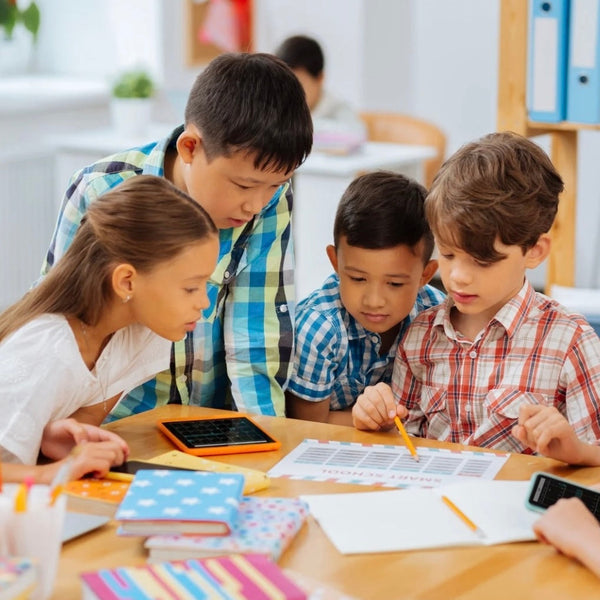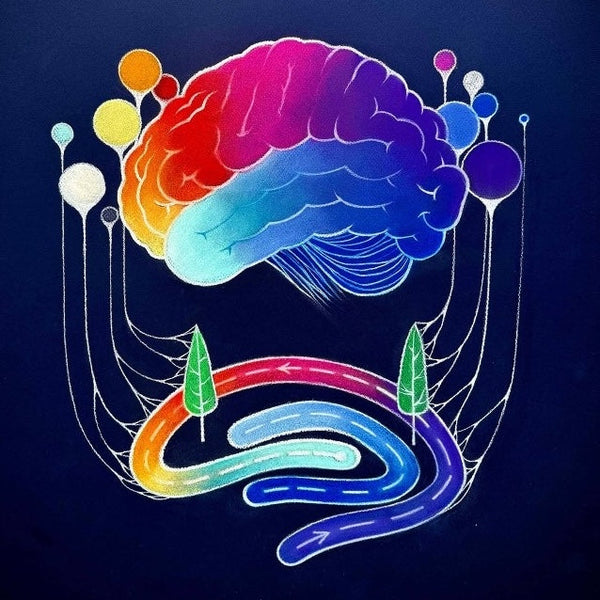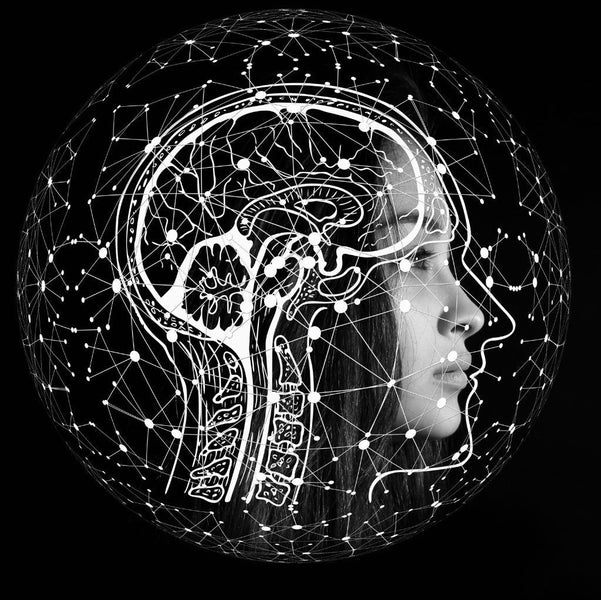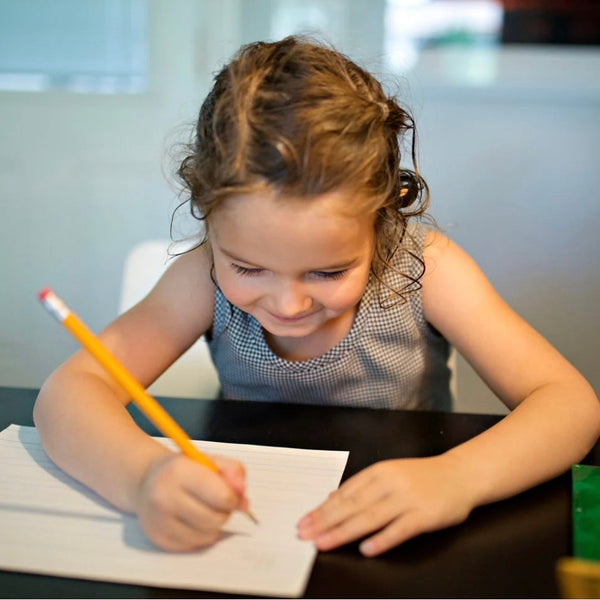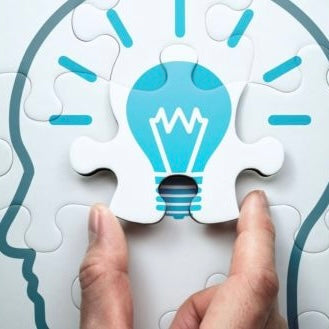Research -- StepUp to Learn
The Paradox of Prior Knowledge on Learning Outcomes
Researchers assumed more relevant prior knowledge would lead to better learning. Here's what really happened.
Memories Drift Across Neurons Over Time
Map-making neurons change even when familiar settings remain exactly the same
Feeling Mental Exhaustion? These Two Brain Areas May Control Whether You Give Up or Persevere
Two areas of the brain may work in combination to tell the brain when it’s “feeling” tired and either quits or continues exerting mental effort.
Live Dance Sparks Brainwave Synchrony
New study suggests that the magic of live performance art may be reflected in our brains.
Thinking in Sync: How Brain Rhythms Support Intelligence
Your brain has a hidden beat — here's how smarter minds sync to it.
Dancing Brainwaves – How Sound Reshapes Your Brain Networks in Real Time
Your brain doesn’t just hear a steady rhythm or musical tone—it reorganizes itself in real time. Here’s why that matters.
The Dopamine Clock: How Your Brain Predicts When You'll Feel Good
Scientists found that dopamine-producing neurons forecast not only reward, but its timing—some fire for immediate rewards, others for future ones
Decades-Old Assumptions About Brain Plasticity Upended
Researchers challenge a decades-old assumption in neuroscience by showing that the brain uses distinct transmission sites — not a shared site — to achieve different types of plasticity.
Mapping a New Brain Network for Naming
Scientists have long sought to understand how the brain retrieves words during speech. Now researchers at New York University shed light on this mystery.
Rethinking Visual Aids: How Decorative Images Impact Learning
Researchers challenge a widely held belief that decorative images hinder learning.
The Key to Spotting Dyslexia Early Could Be AI-Powered Handwriting Analysis
AI shows promise detecting dyslexia and dysgraphia from what children write on paper and tablets.
Brain Scans Reveal What Happens in the Mind When Insight Strikes
Researchers use functional magnetic resonance imaging (fMRI) to record brain activity while solving visual brain teasers. The results were surprising!

